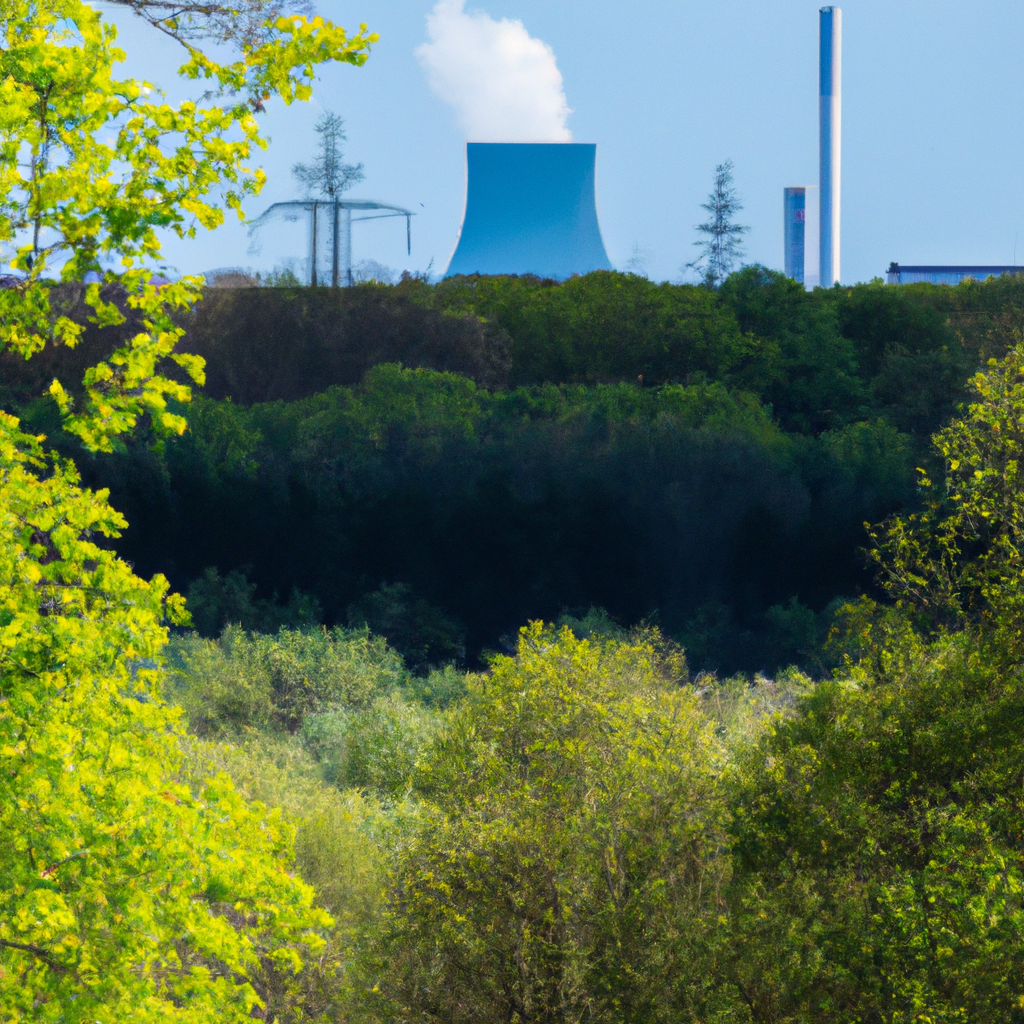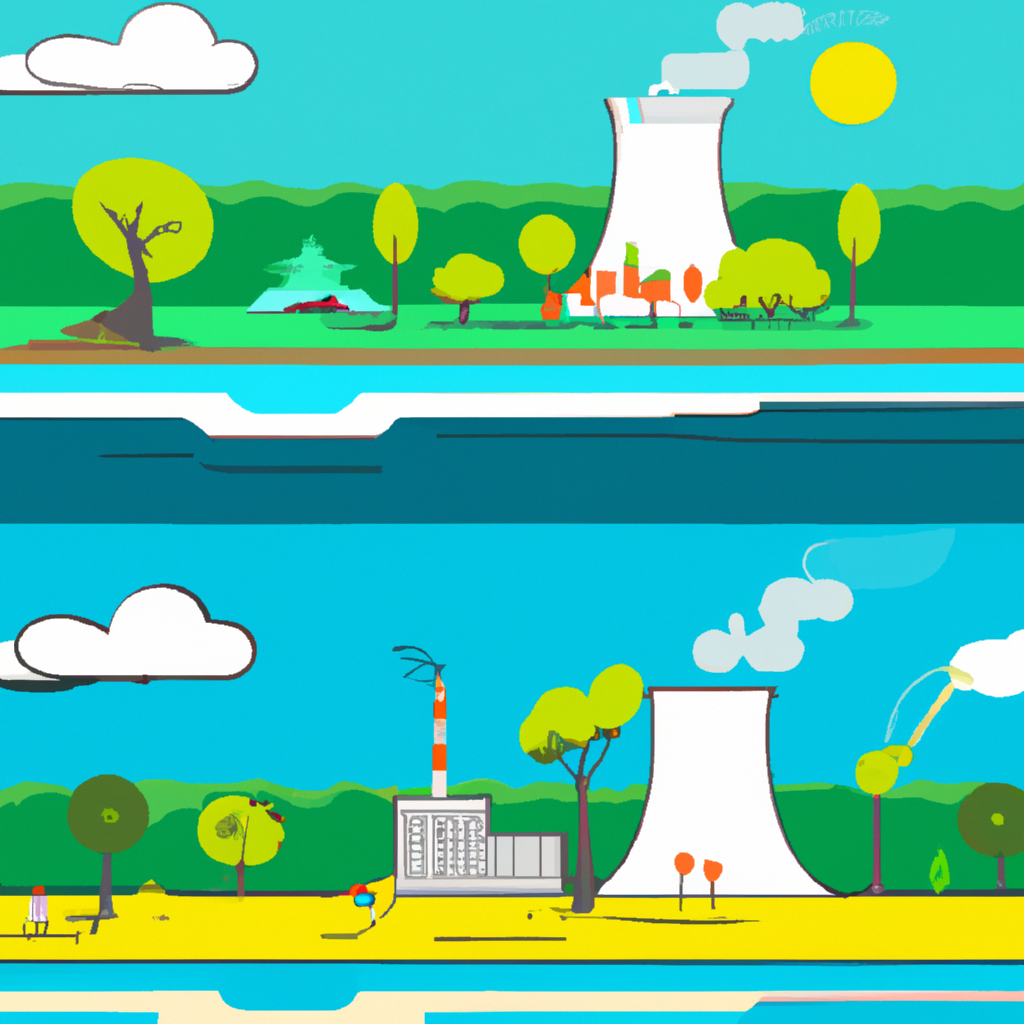The European Commission has announced that €124 million in funding from the EU Cohesion Policy will be used to support the construction of a section of a gas transmission pipeline in Poland. This funding from the EU Cohesion Policy demonstrates the EU’s commitment to improving energy security and promoting the development of sustainable energy solutions in Europe [1].
Gas transmission pipelines play a critical role in ensuring energy security in Europe by transporting natural gas from production sites to consumers. The construction of a new section of a gas transmission pipeline in Poland will improve energy security and increase the country’s energy independence, while also contributing to the EU’s goal of reducing greenhouse gas emissions and promoting the use of renewable energy sources [1].
The EU Cohesion Policy is designed to contribute to strengthening economic, social and territorial cohesion in the European Union. It aims to correct imbalances between countries and regions and supports the green and digital transition [3]. The EU has also taken various measures to tackle higher energy prices, such as introducing common measures to reduce electricity demand and to collect and redistribute the energy sector’s surplus revenues to final customers [6]. The EU is working together to address high energy prices and secure energy supplies for Europeans and has already surpassed 91% of gas in storage [8].
The Importance of Gas Transmission Pipelines
Gas transmission pipelines play a critical role in ensuring energy security in Europe. These pipelines are used to transport natural gas from production sites to consumers, which helps to ensure a stable and reliable energy supply. The construction of new gas transmission pipelines is also a key step in the transition to a low-carbon energy system, as it helps to reduce the reliance on fossil fuels and promote the use of renewable energy sources.
The Polish Pipeline Project
The Polish pipeline project will involve the construction of a new section of a gas transmission pipeline in the country. The funds from the EU Cohesion Policy will be used to support the development of this new section, which will help to improve energy security and increase the country’s energy independence. This project will also contribute to the EU’s goal of reducing greenhouse gas emissions and promoting the use of renewable energy sources.
The Benefits of the Project
The construction of the new section of the gas transmission pipeline in Poland will bring several benefits to the country and the EU as a whole. By improving energy security and increasing the country’s energy independence, the project will help to support the development of the Polish economy. The project will also contribute to the EU’s goal of reducing greenhouse gas emissions and promoting the use of renewable energy sources, which will help to create a more sustainable energy system in Europe.
Conclusion
The announcement of €124 million in funding from the EU Cohesion Policy to support the construction of a section of a gas transmission pipeline in Poland is a positive step for the EU and Poland. The project will help to improve energy security and increase the country’s energy independence, which will contribute to the development of the Polish economy. This demonstrates the EU’s commitment to improving energy security and promoting the development of sustainable energy solutions in Europe.







